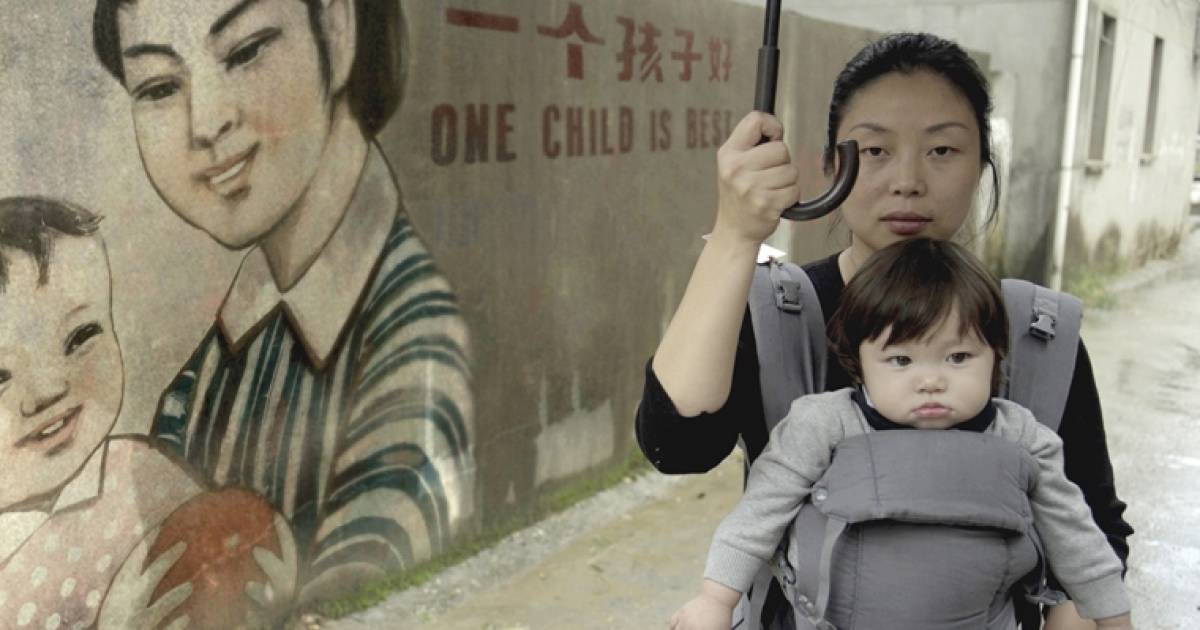One of the things I learned about China in school was their one child policy, because of how many people lived in the country. Like the documentarian Nanfu Wang, I didn’t think much of it: great, one kid, cool. However, as Wang shows everyone, this policy left all sorts of emotional scars on China’s population, especially the rural parts of the country, that these poor people had to take out of fears of government retribution.
Wang starts her documentary interviewing her mother and grandparents about this policy, to learn how it was enforced, and if her family was affected. From there, she bunny hops to different groups of people involved in the policy: midwives, local village leaders, etc. Each interview leads to more sinister revelations, which lead Wang to surprising players that popped up from this policy: child traffickers, “orphanages,” foreign adopters in Utah. The tendrils of this policy go far and wide, leaving all sorts of complicated feelings in their wake.
Wang’s focus in this doc is the emotional impact of China’s policy. As such, the scope of the interviewing is people directly involved in complications from that policy, starting with couples like her parents that wanted to have 2 kids. Wang is surprised in a few ways: first, to hear all the cruel methods used to enforce this policy, like destroying people’s property for having a second kid, or forced sterilization of women to prevent more children. Second, to hear how stoic and almost detached many people were answering questions: because the government said this was necessary, they simply followed orders, believing it was 100% the right thing to do, tough for Wang, who’s raised to believe the opposite in the US, to fully connect with. As she interviews people with more and more power, the stories gets more interesting: there’s this amazing interview with one of the women ordered to abort between 50,000(!) and 60,000(!!!!!) babies while she was in power at the time. She’s clearly broken over what she’s done, and has devoted her life since leaving the job to helping infertile couples conceive as penance for her reprehensible behavior, as she sees it. On the other side of the coin, some leaders are fully committed to the government’s cause of trying to reduce poverty, and hold no judgment on what they’re doing because they’re simply “carrying out higher objectives.” During all this questioning, Nanfu Wang focuses on how everyone feels about what they’ve done, showing how cultural indoctrination by the Chinese government has stripped any emotional and personal agency from most of these people, meaning they don’t have any feelings one way or the other on what they’ve done, most of the time.
While all this emotional study is going on, Wang is also giving us a high level view of indirect results of enacting a vague policy like the one child policy can lead to. Chinese culture favors male heirs because they protect the family name; as such, the one child generation is heavily male. Little girls were either abandoned or straight up murdered in favor of a boy: poor Nanfu had to work growing up while her younger brother got an education and showered with gifts, clearly affecting her brother as he’s aged. Wang also learns the sinister ways to profit from this policy. There were child abductions everywhere because orphanages paid well for the kids. And what would they do with kids? Export them overseas of course for tens of thousands of dollars! There’s a lot to explore here left on the table, because Wang’s focus is on the emotional. She finds a perfect story that hits you like a sack of bricks: twins forced apart by the policy: one eneded up in the USA, unaware she has a sister. The last parts of the doc are trying to connect the sis’s again, but because these kids were considered refuse by Chinese society, that task proves difficult and heartbreaking to the poor girl just looking for her twin.
It’s hard to fault Nanfu Wang for the way she tells the story of One Child Nation. In a country where you’re supposed to sacrifice for the greater good, putting personal feelings aside, Wang wants to make sure those people affected by this policy get a chance to think about feelings they might have never had or long forgot, to remind everyone how this policy, however noble in its intention, is emotionally cruel in its execution. It’s a complicated mess, but in the best way documentaries can inspire feelings in people, and maybe a call to action to do something.

